How to Stay Hydrated All Day: 8 Easy Tips for Seniors and All Ages

Water is more than just a thirst-quencher—it’s a lifeline for good health. For those over 50, staying hydrated isn’t just a matter of comfort; it’s essential for energy, joint function, digestion, and even memory. Yet, as we age, our sense of thirst naturally declines, making it easier to become dehydrated without even realizing it. But don’t worry—it doesn’t take a gallon jug or a rigid schedule to stay properly hydrated. In fact, a few simple daily habits can keep you feeling your best, from sunrise to sunset.
Whether you’re gardening, traveling, or just enjoying a quiet day at home, these 8 easy hydration tips are practical, proven, and perfect for baby boomers—and really, everyone! Let’s dive in (pun intended).
1. Start Your Morning with a Glass of Water

One of the easiest ways to get ahead of dehydration is by starting your day with a tall glass of water. After hours of sleep, your body naturally wakes up a little dehydrated. Drinking water before coffee or breakfast helps jump-start your metabolism, flush out toxins, and give your body the boost it needs. For an extra perk, add a slice of lemon or cucumber for flavor and digestive benefits. It’s a small habit that makes a big difference—and it’s a lot easier than dragging yourself to the gym at 7 a.m.!
2. Use a Refillable Water Bottle You Love
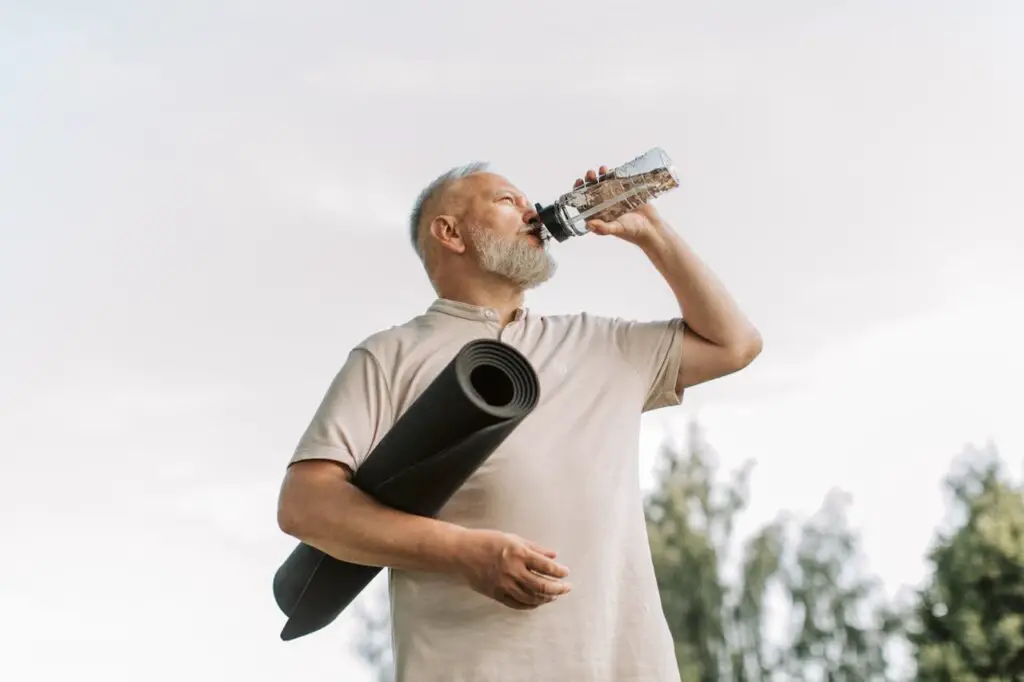
If your water bottle is hidden in a cabinet or hard to open, chances are it’s not getting much use. Choose a reusable bottle that’s easy to carry, easy to clean, and—why not?—a little stylish. Many seniors find bottles with built-in straws or time markers especially helpful. Keeping your bottle within arm’s reach—on your nightstand, desk, or in the car—serves as a visual reminder to sip regularly. Think of it as your hydration sidekick. Bonus: it’s eco-friendly and cuts down on buying bottled water!
3. Eat Your Water, Too

Here’s a delicious tip: not all hydration has to come from a glass. Many fruits and vegetables are packed with water and nutrients that support hydration. Watermelon, cucumbers, oranges, lettuce, strawberries, and celery are more than just healthy snacks—they’re hydrating heroes. Including these in your daily meals adds variety, fiber, and flavor while helping you meet your hydration goals. Try a refreshing fruit salad or a cucumber-tomato side dish with lunch. Your body—and your tastebuds—will thank you.
4. Set Gentle Reminders to Sip Throughout the Day
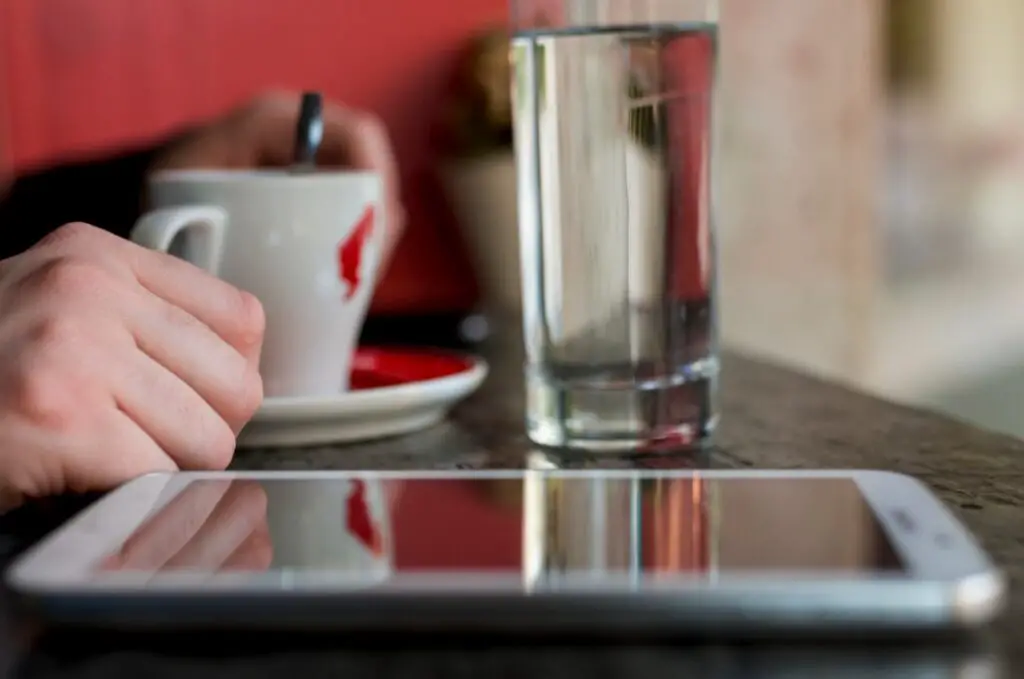
If you find yourself forgetting to drink water until you’re parched, it may be time to set a little help. Use your phone, a smart speaker, or even sticky notes as friendly prompts to drink a glass of water every couple of hours. There are also hydration reminder apps designed with simplicity in mind, so you won’t need a tech degree to use them. These gentle nudges can help you build consistency without overwhelming your day. After all, hydration shouldn’t feel like a chore—it should feel like self-care.
5. Enjoy Herbal Teas and Infused Water for Variety
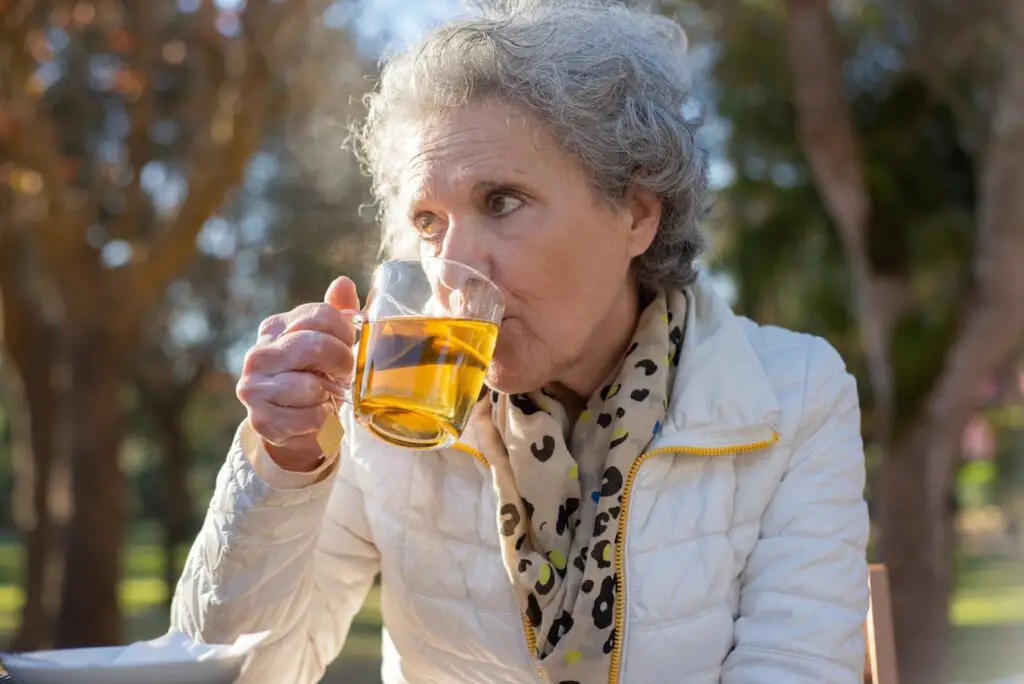
If plain water feels, well, too plain, don’t be afraid to mix it up! Herbal teas like peppermint, chamomile, or rooibos are caffeine-free and count toward your hydration total. You can enjoy them hot or iced, depending on the season. Another easy upgrade? Infuse your water with natural flavors like sliced citrus, berries, mint, or ginger. It turns your drink into a treat without added sugar or calories. You’ll find yourself sipping more often, simply because it tastes so good.
6. Be Mindful of Medications and Health Conditions
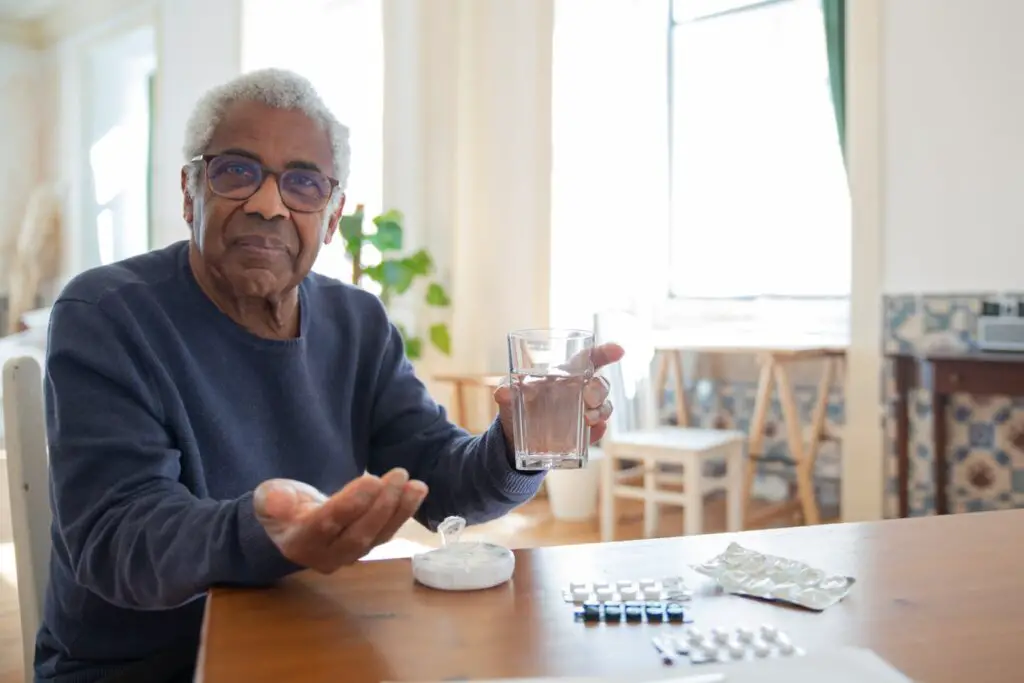
Certain medications—like diuretics, blood pressure pills, or laxatives—can increase fluid loss, which makes staying hydrated even more important. Conditions like diabetes or kidney disease also affect how much water your body needs. If you’re unsure about your specific hydration needs, talk to your doctor or pharmacist. They can help you create a personalized plan to balance your water intake with your health goals. Don’t wait until you feel dizzy or fatigued—be proactive and informed.
7. Stay Cool, Especially in Warm Weather

Heat and humidity can sneakily drain your body of fluids, even if you’re not sweating buckets. Seniors are especially vulnerable to heat-related dehydration, which can escalate quickly into heat exhaustion. On hot days, stay in the shade or indoors during peak hours, wear light clothing, and increase your water intake even if you don’t feel thirsty. Keep a cold drink nearby when you’re walking, gardening, or simply relaxing on the porch. Staying cool helps your body retain moisture and lowers your hydration needs.
8. Pay Attention to the Signs of Dehydration
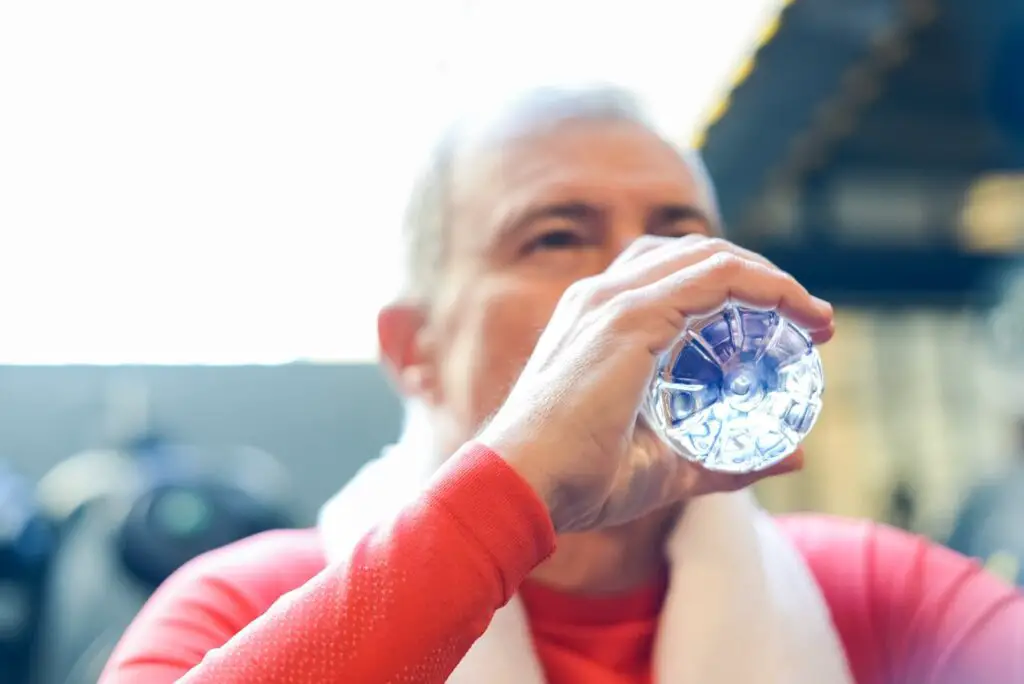
Thirst isn’t always the first sign that your body needs water. In older adults, symptoms like dry mouth, fatigue, dizziness, confusion, and dark-colored urine can all indicate dehydration. If you notice any of these, don’t wait—drink some fluids right away. Keeping track of how often you go to the bathroom and the color of your urine can also give you clues. Aiming for pale yellow is a good general rule. Awareness is your first line of defense against dehydration, and it’s one more way to stay on top of your health.
Final Thoughts

You don’t need to drink gallons a day, buy expensive electrolyte powders, or track every sip with a spreadsheet. Staying hydrated as you age is all about building simple habits that work with your lifestyle—not against it. Whether you’re sipping herbal tea while reading a good book or crunching on fresh watermelon at a family picnic, every little bit counts.
The key is consistency. By making water a regular part of your routine, you’ll feel more energetic, clear-headed, and comfortable. And if you’re someone who’s always looked out for others, now’s the time to turn that care inward. Staying hydrated is one of the easiest, most loving things you can do for your body—no matter your age. So go ahead—raise a glass (of water) to your health!
Leave a Reply